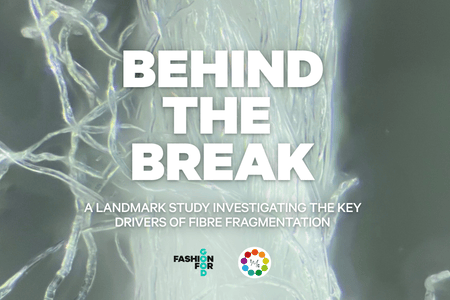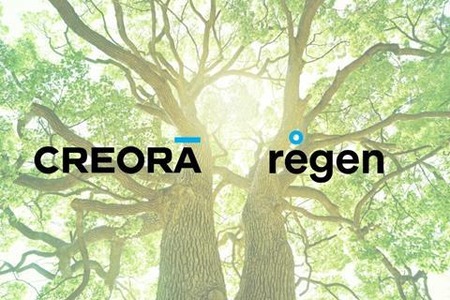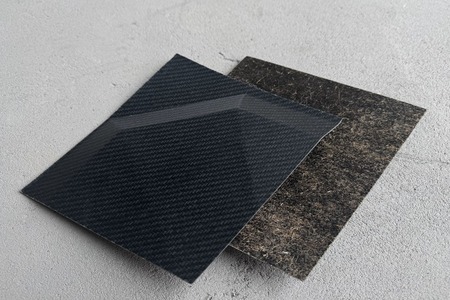
Zero Waste Europe has set criteria to go beyond circularity
YarnsandFibers News Bureau 2023-01-23 15:03:26 – United KingdomFour key criteria have been established by Zero Waste Europe (ZWE), a waste reduction organization, for identifying zero-waste business models in the fashion industry.
Fashion brands in Europe are being advised to consider factors other than product circularity and eco-design if they want to see the industry reach zero waste in the future.
Beyond Circular Fashion: A New Business Model for the Fashion Industry, the most recent ZWE report, maps the current state of the fast fashion industry's business model, which it explains is based on excessive consumption, resource depletion, social exploitation, fossil-based fibers, and greenwashing.
According to the study, the worldwide value of fashion production is currently $3.3 trillion, and in 2018, it generated $2.1 billion in greenhouse gas (GHG) emissions, or 4% of the total global emissions, while utilizing about 540 trillion liters of water and 1600 million tons of materials. In addition, one of the biggest "greenwashers" in the world is the fashion sector, which is one of the leading sources of plastic microfibers entering our oceans. Sales are increased by using numerous certification labels and unverified claims, which also has an adverse effect on the environment and society.
Zero Waste Europe (ZWE) has identified four criteria based on best practices in the European market to address these issues brought on by the current fashion model, which, when applied simultaneously, could be thought of as essential to determining what a moral business model that goes beyond circularity would look like.
Theresa Morsen, Waste Policy Officer at Zero Waste Europe, said that with this study, they are laying out guidelines for businesses to turn into truly sustainable ones, halting overproduction and consumption to respect planetary limitations. This will assist in scaling up sustainable business models, and ZWE plans to support industry leaders.
Market Intelligence
Ask for free sample Report

experience
Customer Base
dedicated team
Countries Served Worldwide









